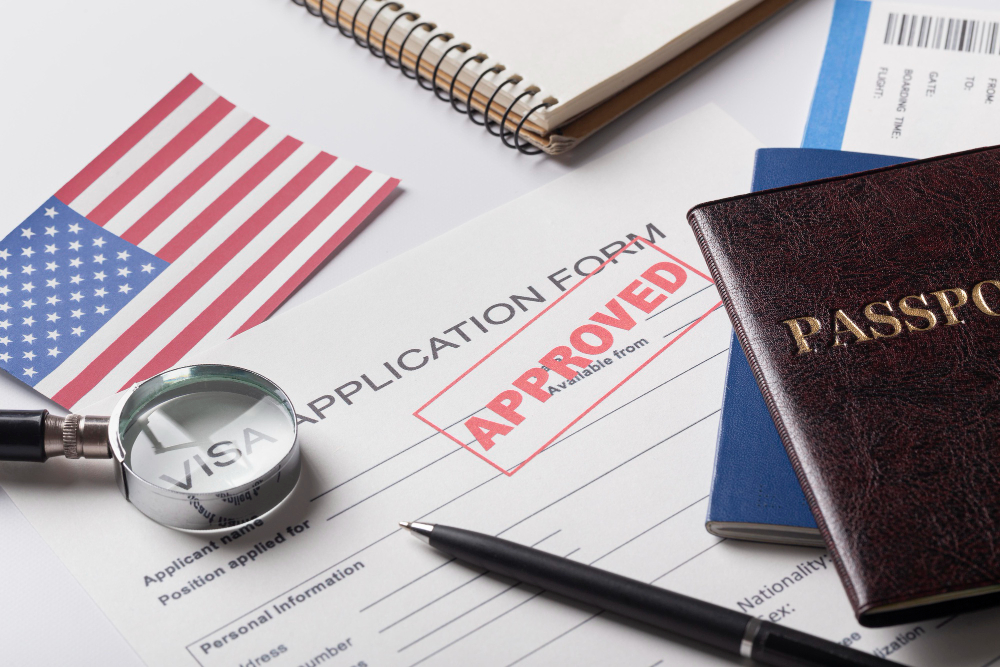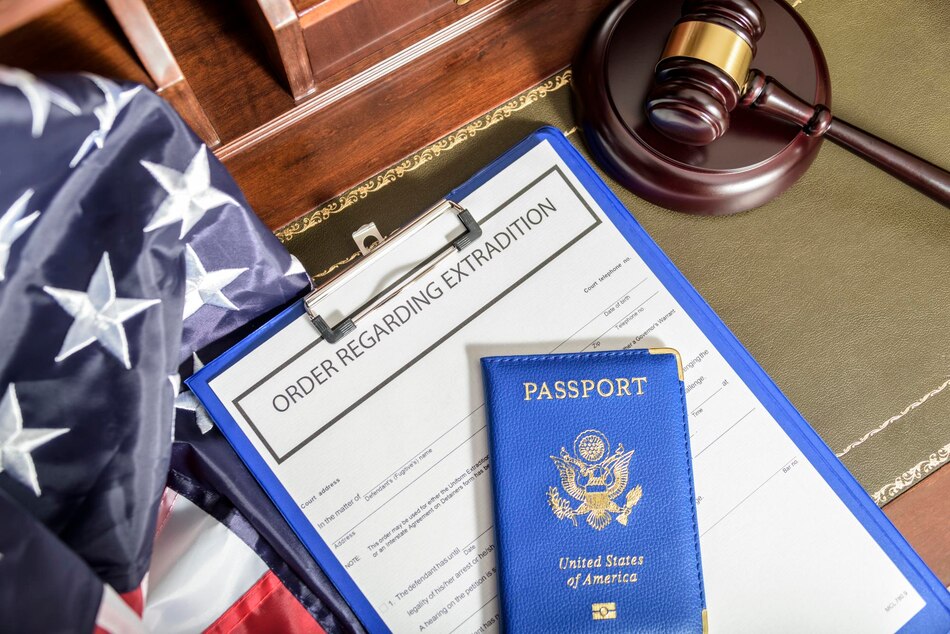Moving to a new country is not easy. The lifestyle, classroom environment, transportation – everything is going to be different from India. And we know you have a lot of questions in your mind, so have answered common questions students like you raise about living and studying in Canada.
Do Canadian institutions accept 10+2+3 education system of India?
Yes, 10+2+3 system is accepted for post graduate (PG) diploma programs however, for masters in Canada, almost all universities require 10+2+4. However, certain universities may accept 10+2+3 for masters in selected programs on a case-to-case basis.
Unlike India, there are two parallel education systems in Canada wherein colleges and universities are separate entities. Colleges offer PG diplomas and universities offer masters programs. Some universities may also offer PG diploma programs in selected courses.
What and where to study in Canada after 12th?
Choosing a program and an institution solely depends on your interests, academic background, and budget. To decide where to study and what to pursue, you can start by creating a list of your interests and skills and spend some time reflecting upon it. Do your research to understand which skillset or interest has a good scope professionally. Narrow down your choices accordingly and search for relevant courses and institutions. You’ll also have to take intakes in Canada of your preferred courses into consideration, because not all universities or colleges offer programs in all three intakes.
Our handy guide can help you choose a course that suits your profile and needs the best. You can book a free counselling session with our experienced counsellors who can advise you on course selection, application submission, and visa procedure.
What and where to study in Canada after graduation?
Pursuing masters in Canada can be one of the best decisions of your life since it’ll not only enhance your technical skills but also give your CV an edge over others. As an Indian student with an undergrad degree, you should be ideally looking for an institution that emphasises on practical knowledge, hands-on experience and getting you job-ready. Canadian universities and colleges provide a research-based learning approach wherein you’ll be implementing all the concepts and ideas you gather in the classroom.
Which English language tests are accepted by Canadian institutions?
The International English Language Testing System (IELTS) is the most preferred English language proficiency test accepted by almost all institutions in Canada; and is also advised as per Student Direct Stream (SDS) – the faster way for Indian students to acquire Canadian visa. However, globally, Canadian institutions are open to accepting other proficiency tests as well (do check the official website of your preferred institution for the same).
Can students work during studies in Canada?
Indian students are allowed to work for 20 hours per week during an ongoing session and full-time during vacations. You can also get up to three years of extension post completion of your studies depending on your program duration.
For a one-year program, you can acquire a work permit of one year while for programs with duration of 2-4 years, you can get a work permit of up to 3 years (visa rules are subject to change, please check the official website for the same).
Are Canada qualifications recognised worldwide?
Yes, degrees from Canadian institutions are accepted worldwide and known for their quality of education.
What are the accommodation options available in Canada?
As an Indian student, you can opt for on-campus residence facility or look for an off-campus accommodation. Most universities in Canada offer dormitories or townhouses for students from other countries. Living as a resident on-campus is a very affordable option, however you need to apply for it separately, and well ahead in time to secure a slot for yourself.
If you are unable to find such accommodation or wish to stay alone, you can get a space for yourself on rent in shared apartments/condominium. Remember, the rentals will vary from city to city. Your IDP counsellor will also help you find an accommodation that works out the best for you.
Is there any special requirement for under -18 students to study in Canada?
If you are under 18, you need to submit a custodian letter in your visa application along with the rest of your documents. Your IDP counsellor will help you with the same when you apply for your visa.











